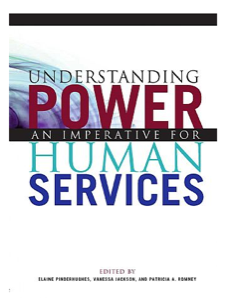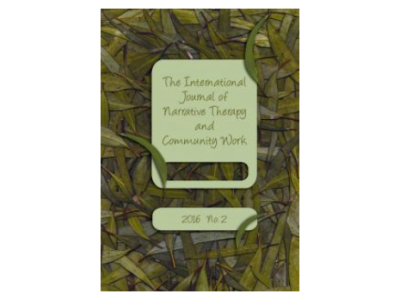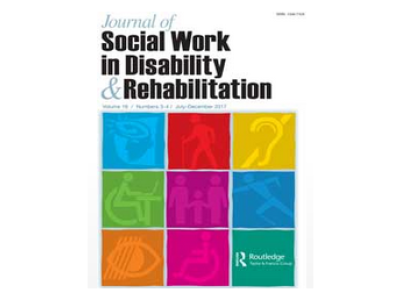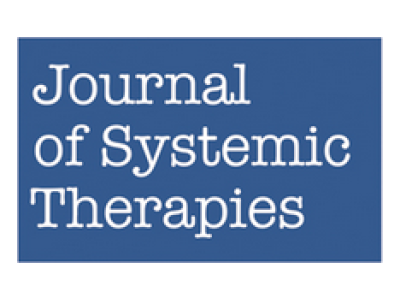Description
I go through the world with the wind at my back for the most part: white, American, educated, able-bodied, cisgender, middle-class, professional. As a queer-identified, Jewish (nonreligious) woman, I also occupy locations that are marginalized to varying degrees in varying contexts. When approaching any research project, it is important to me to remain cognizant of ways in which my age, class, and position as a professional represent privilege and authority to those participating in research with me. It is important to construct a research process that disrupts the opaqueness around issues of power and authority that typically are required by conventional research methods.
In this chapter, I describe a queer theory–informed,1 constructionist research project that I facilitated with a group of queer youths. In Part 1, I discuss the philosophy, principles, and practices that guided this research and that inform a queer analysis of power. In Part 2, I tell the story of this research as an endeavor that brought to life the “doing” of power as a discursive achievement—that is, an exercise of power—I shared with the youths.



